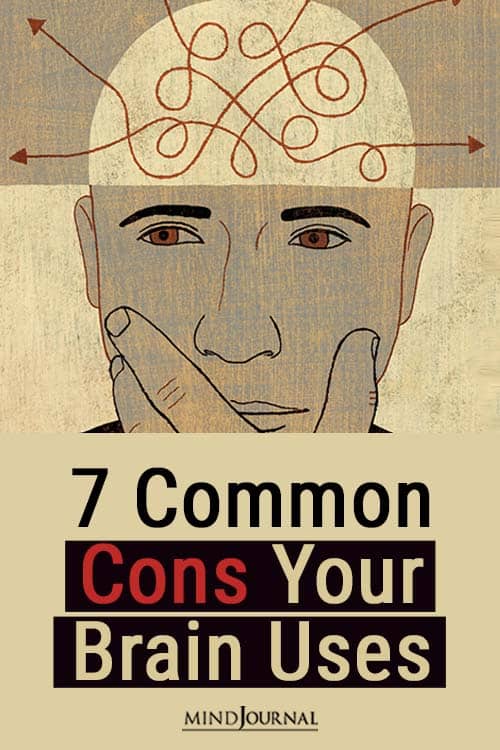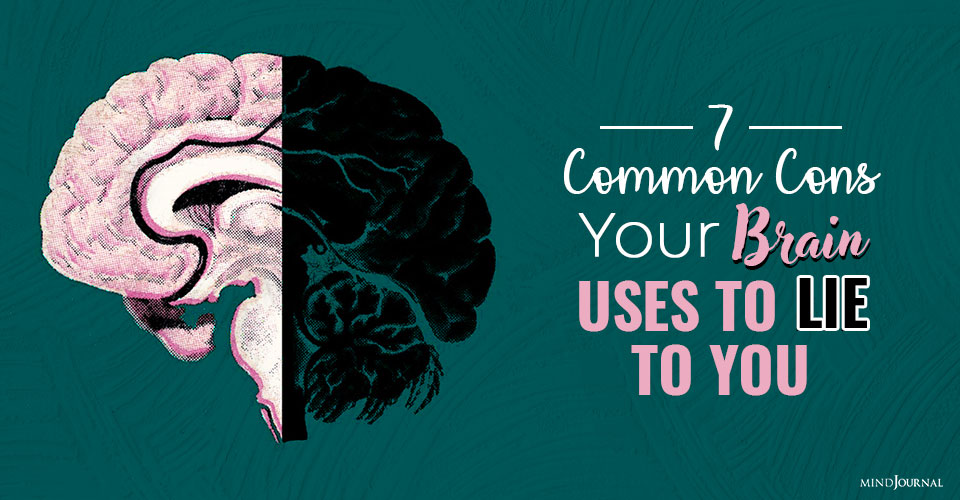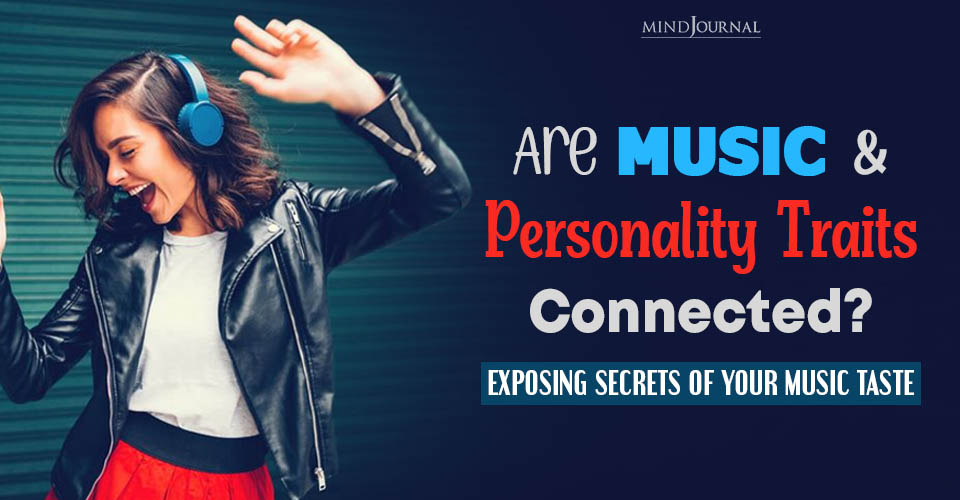You might not know this, but there are a few tricks and cons that your brain uses at times to make you think things that are not the truth. And the quicker you understand this, the better it will be for your peace of mind.
Your brain is a liar. It makes assumptions not rooted in fact, draw conclusions that are more about fear than any kind of logical argument, and has insights often manipulated by the media and other compelling stories. Researchers have known for years that memories are not a good source of information.1
Why? Because your brain is an unreliable narrator. It doesn’t understand truth as we often define it—aligning with fact or reality. Instead, it functions on personal truth: facts and reality that sift through the filter of our personal biases and perceptions about the world. This “truth” is also subject to the cognition errors we make daily.2
Often defined as Automatic Negative Thoughts, or A.N.T.s, the brain will frequently engage in a series of negative thoughts. These thoughts often lock you into a thinking pattern that creates stress and anxiety and prevents growth.3 One of the reasons this happens is the brain’s need to maintain the status quo as a survival mechanism.
But in locking your thinking, you resist growth opportunities.4 I call this thinking “cons.” It is your brain’s way of convincing you that partial or untrue statements are the truth. It is how your mind lies to you. Cognition errors, as they are also called in mental health circles, can deepen patterns of depression and make mood disorders more challenging to manage.
Related: 8 Mindset Shifts To Stop Repetitive Destructive Thoughts
Seven Common Cons
The following seven cons are some of the most typical ways your brain lies to you.3 Which ones can you see in yourself or your loved ones?
1. The Sky Is Falling Con.
In this con, you make a problem more significant than it is, often imagining that the absolute worst thing is about to occur.
2. The Black and White Con.
Here, you view everything as always great or always lousy. There is no in-between with a black and white con.
3. The Pessimist’s Code.
I often see this con in cases of trauma or abuse. Here, your threat perception is hyper-aware that you only see the negative in any situation. There is no “good” from your perspective.
4. The Perfectionist’s Mantra.
Many high-potential children and adults fall into this con. Here, you focus on what you consider your flaws and minimize any acknowledgment of your strengths.
5. The Negative Label.
The original “ANT” term was developed with this con in mind. With this, you label yourself in harshly negative ways, focusing on small aspects of self that contribute to your negative narrative.

6. The Fortune Teller.
In this con, you tell yourself what other people are thinking about you—and always in the most negative of ways.
7. The Victim’s Rant.
This is a common con in children. Here, you blame other people for everything that happens, always keeping yourself as the victim.
Each of these cons shares a common goal—to keep you from growing or experiencing something different. Fortunately, there are things you can do and teach your children to do that can help move past these cons together.
Related: 7 Negative Mindsets That Undercut Your Mental Strength and Resilience
Here Are 4 Things You Can Do To Counter The Cons Your Brain Uses
1. Acknowledge and accept that your thoughts aren’t always correct.
Learn to discern them and adjust as needed.
2. Practice witnessing your thoughts to recognize when your brain may be trying to con you.
The more you witness, the more control you can begin to gain over your thoughts.
3. Think intentionally.
When you recognize the con, immediately quiet your thoughts and correct the errors. Reframe your thoughts from the negative con to something more growth-oriented.
4. Purposefully engage in self-compassion activities.
By actively engaging in self-compassion, you will be able to practice reframing your brain’s cons.
Related: 15 Common Cognitive Distortions That Twist Your Thinking
It may be hard to initially learn to recognize when your brain is lying to you. Likewise, it can be tough to teach your children about the brain’s cons. But taking the time to learn about your personal cons and practicing your reframing skills will allow you to help your children do the same.
References:
1. Loftus, E. (1996). Eyewitness Testimony. Cambridge, MA: Harvard University Press. 2. Fonseca, C. (2017). Letting Go: A Girl’s Guide to Breaking Free of Stress and Anxiety. Waco, TX: Prufrock Press. 3. Amen, D. (2015). Change Your Brain, Change Your Life: The breakthrough Program for Conquering Anxiety, Depression, Obsessiveness, Lack of Focus, Anger, and Memory Problems (2nd ed). New York, NY: Harmony Books. 4. Fonseca, C. (2015). Raising the Shy Child: A Parent’s Guide to Social Anxiety. Waco, TX: Prufrock Press.
Written By Christine Fonseca Originally Appeared In Psychology Today











Leave a Reply